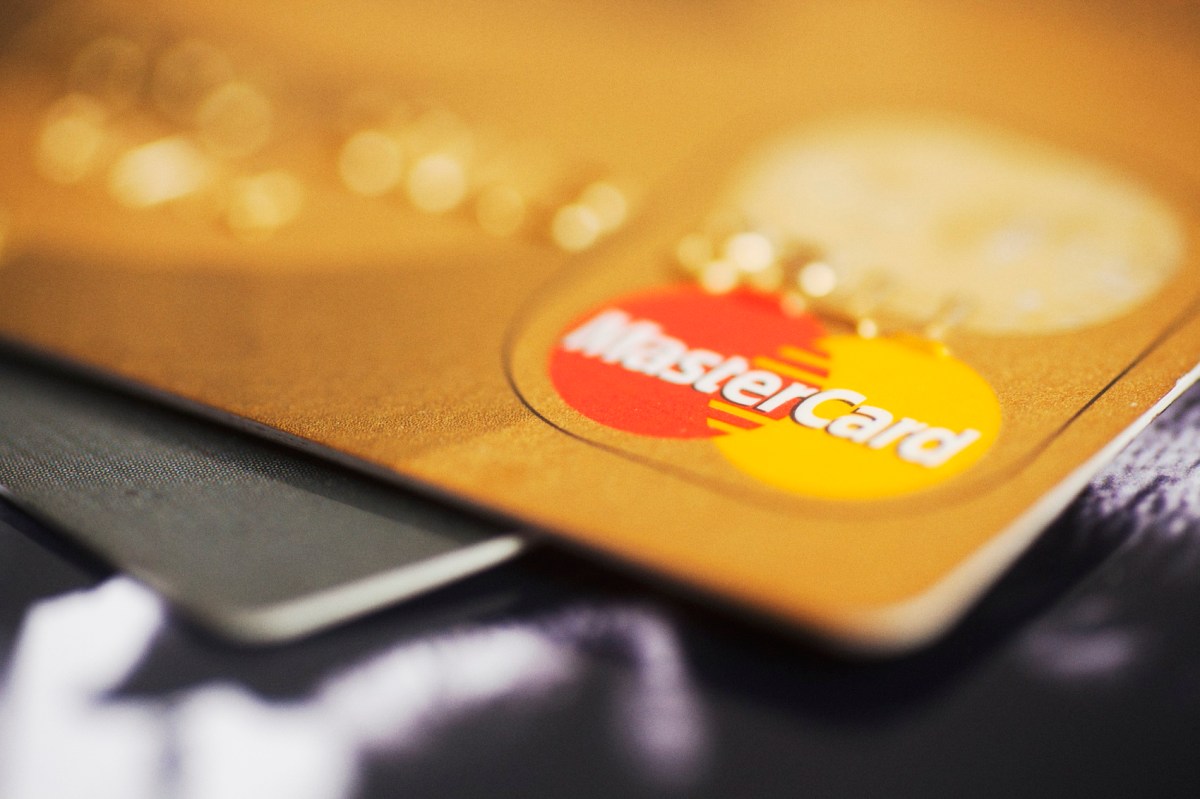Mastercard has announced accelerated efforts to remove first–use, PVC plastics from payment cards on its network by 2028, reinforcing its sustainability commitments and increasing accessibility of more sustainable card offerings for consumers wanting to reduce the environmental impact of their wallet.
In a first for a payment network, from January 1, 2028, all newly–produced Mastercard plastic payment cards will be made from more sustainable materials including recycled or bio-sourced plastics such as rPVC, rPET, or PLA, and approved through a certification program.
“The world has a plastic problem. Solving it will be a whole-of-society task, yet efforts are often taken in isolation or without coordination,” Mastercard executive vice president of products and innovation, Sandeep Malhotra said.
“With this sustainable card effort, Mastercard is bringing its global network of banks, financial institutions and consumers – who collectively hold more than three billion Mastercard cards – together to build a greener payments sector through collaboration and partnership.”
Mastercard launched its Sustainable Card Program in 2018. Since then, over 330 issuers across 80 countries have voluntarily signed up, including 90 issuers in 15 markets across the Asia Pacific region. Since then, Mastercard has been working in partnership with major card manufacturers to transition more than 168 million cards across its network, including 31 million in the Asia Pacific region, to recycled and bio-based materials.
“Here in the Asia Pacific region, Mastercard’s issuer partners have been receptive to this initiative, with 90 customers already opting into the sustainable cards program across Japan, Australia, Taiwan, Singapore, Malaysia and many other markets. This means their cardholders can proudly carry their card with the knowledge that it is made from sustainable forms of plastic. This holistic network connectivity is what makes this effort different and more effective,” Malhotra added.

